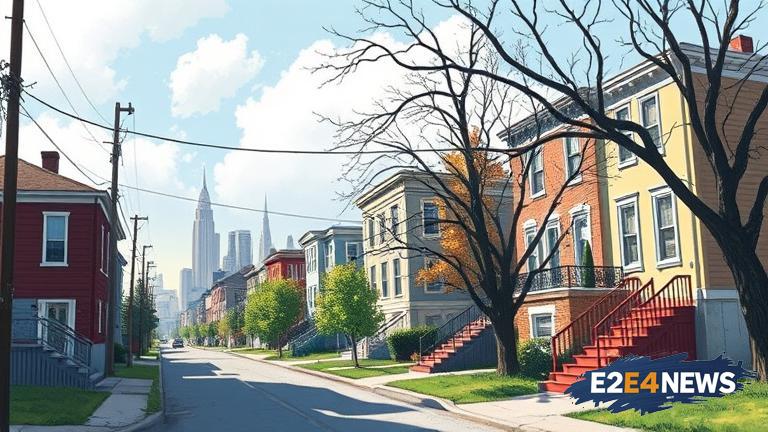The City of Los Angeles, particularly Council District 11 (CD-11), is at a critical juncture in addressing the pressing issues of affordable housing and fair housing practices. The current state of AFFH in CD-11 necessitates a comprehensive overhaul to effectively serve the needs of low-income residents. Historically, the district has struggled with providing adequate affordable housing options, leading to increased homelessness and displacement of long-term residents. To rectify this situation, a new direction for AFFH is imperative, focusing on inclusive zoning policies, community land trusts, and subsidies for low-income families. Moreover, the implementation of rent control measures and just-cause eviction protections would significantly mitigate the vulnerability of low-income residents to displacement. The involvement of community organizations and advocacy groups is crucial in shaping these policies, ensuring they reflect the genuine needs and concerns of the community. By fostering a collaborative environment between policymakers, developers, and residents, CD-11 can pave the way for more equitable and sustainable housing solutions. This collaborative approach would not only enhance the quality of life for existing residents but also attract new, diverse populations, contributing to the district’s vibrancy and economic growth. However, achieving this vision requires addressing the systemic barriers that have hindered progress in the past, including lack of funding, bureaucratic inefficiencies, and resistance from special interest groups. Policymakers must prioritize transparency and accountability, ensuring that the allocation of resources and the decision-making process are guided by the principles of fairness and equity. The integration of affordable housing units within new developments, coupled with the preservation of existing affordable stock, is a critical strategy in preventing the erosion of affordable housing options. Furthermore, initiatives aimed at promoting homeownership among low-income residents, such as down payment assistance programs and financial literacy workshops, can help stabilize families and build wealth within disadvantaged communities. The role of technology and data analytics in identifying areas of need, tracking progress, and evaluating the effectiveness of housing policies cannot be overstated. By leveraging these tools, CD-11 can make informed decisions, optimize resource allocation, and adapt its strategies in response to emerging trends and challenges. Despite these potential solutions, the path forward is fraught with challenges, including the need for significant funding, the complexity of regulatory frameworks, and the resistance from various stakeholders. Nonetheless, the imperative to act is clear, given the human cost of inaction and the moral obligation to ensure that all residents have access to safe, affordable, and dignified housing. The future of CD-11 and similar districts across the nation hinges on the ability to navigate these complexities and forge a new, equitable path in housing policy. This endeavor requires not only political will but also a deep understanding of the historical, social, and economic contexts that have shaped the current housing landscape. By acknowledging these factors and engaging in a thoughtful, inclusive planning process, CD-11 can set a precedent for innovative, community-driven housing solutions that prioritize the well-being and dignity of all residents. Ultimately, the success of these efforts will depend on the capacity to balance competing interests, leverage resources effectively, and maintain a steadfast commitment to the principles of fairness, equity, and justice. As the district moves forward, it is essential to recognize the interconnectedness of housing policy with broader social and economic issues, including education, healthcare, and employment opportunities. Addressing these challenges holistically will be crucial in creating thriving, resilient communities where all residents can prosper. The journey towards a more just and equitable housing system in CD-11 is long and complex, but with perseverance, creativity, and a genuine commitment to the well-being of all residents, a brighter future is within reach.
